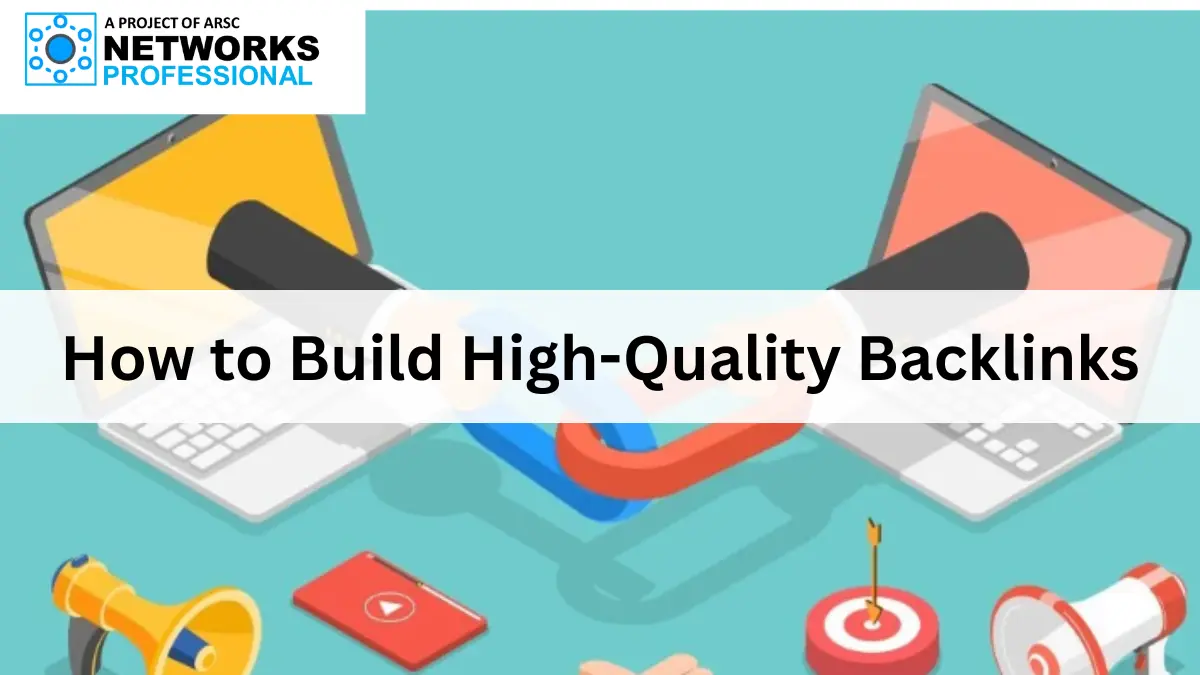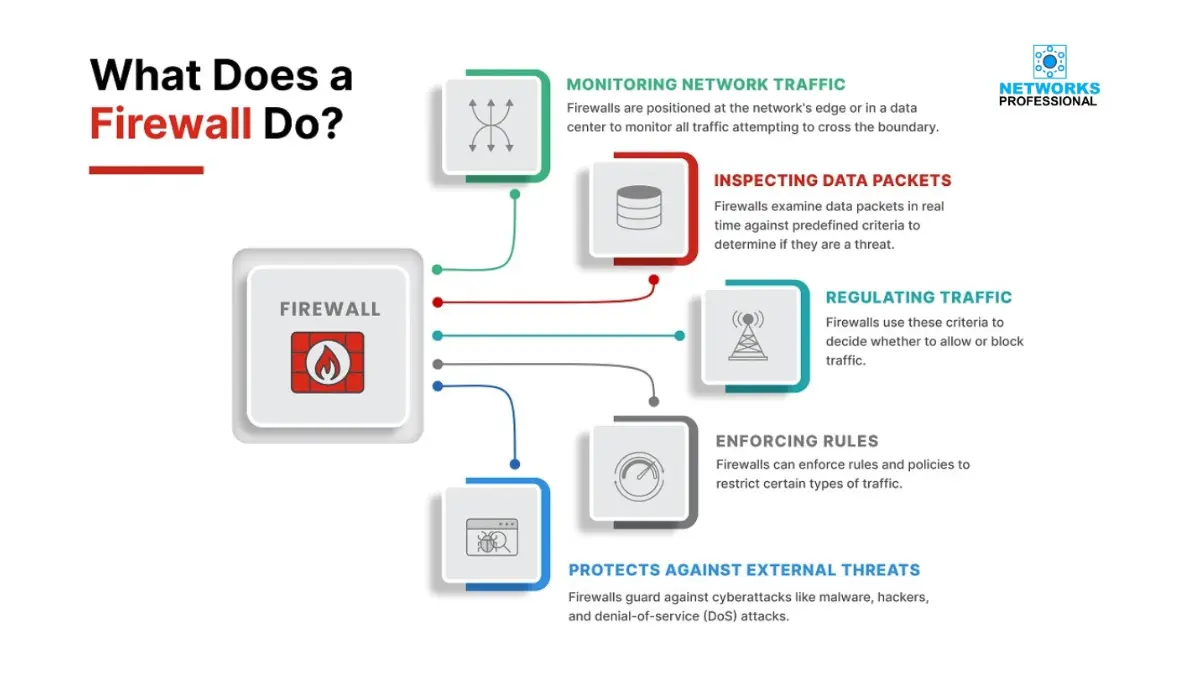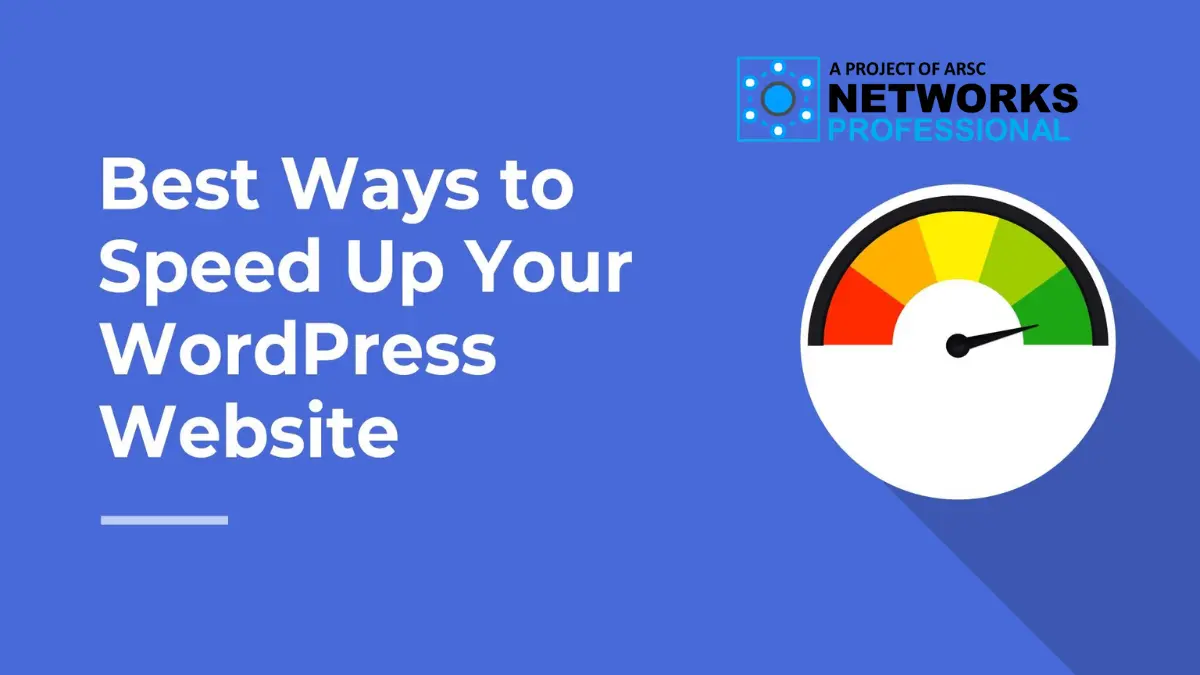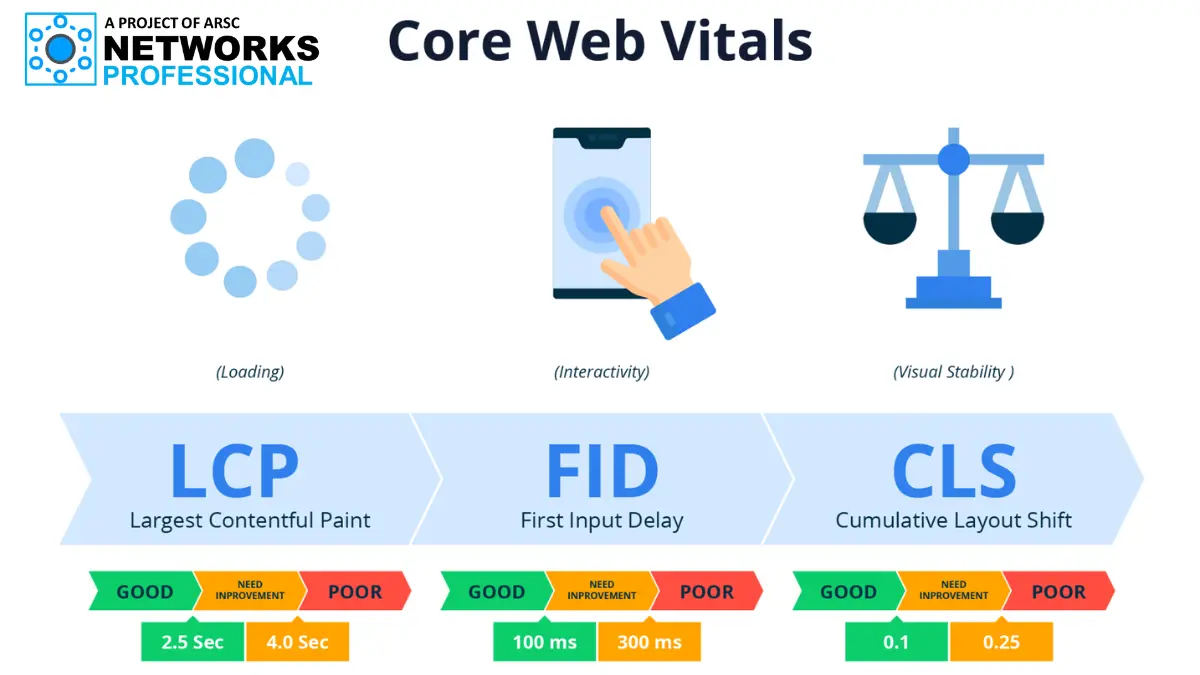How to Build High-Quality Backlinks in 2025: Tips and Tricks
Building high-quality backlinks is one of the most effective ways to improve your SEO and drive more organic traffic to your website. As Google’s algorithms evolve, backlink quality is becoming even more important than ever. In 2025, it’s not just about the number of backlinks you have, but the relevance, authority, and trustworthiness of the websites linking to you. In this article, we’ll explore effective strategies and best practices for building high-quality backlinks in 2025.
1. Create High-Quality, Shareable Content
The first and most important step in earning high-quality backlinks is to create valuable, shareable content. Google and other search engines reward websites that provide unique, useful, and relevant information. If your content resonates with users, other websites will naturally link to it.
-
Why It Matters: Content that offers real value is more likely to be linked back to, shared, and referenced across the web. Great content is the foundation of any successful backlink strategy.
-
Best Practices:
-
Create Evergreen Content: Write content that remains relevant over time. Guides, tutorials, and case studies are excellent evergreen content types that attract backlinks.
-
Use Data and Research: Back up your claims with original data, research, and statistics. This makes your content more authoritative and shareable.
-
Be Visually Engaging: Incorporate visual content such as infographics, charts, and videos. These types of media are often shared and linked to by others.
-
2. Guest Blogging on Reputable Websites
Guest blogging continues to be one of the most effective methods for earning backlinks. By writing high-quality content for other websites in your niche, you can expose your brand to a larger audience while gaining valuable backlinks.
-
Why It Matters: Guest blogging not only helps you build backlinks but also positions you as an authority in your field. Writing for reputable websites increases your visibility and boosts your SEO.
-
Best Practices:
-
Target High-Authority Websites: Aim to write for established websites in your industry that have a strong readership and domain authority.
-
Offer Value: Focus on providing value to the host site’s audience. The better your content, the more likely they are to approve it and encourage their readers to share it.
-
Follow Guidelines: Each website will have its own guidelines for guest posts. Make sure to follow these closely to increase your chances of getting accepted.
-
3. Leverage Broken Link Building
Broken link building is a technique where you find broken (dead) links on authoritative websites and offer your content as a replacement. This method benefits both parties: the website owner can fix broken links, and you get a valuable backlink.
-
Why It Matters: Broken link building is an effective way to gain backlinks because it helps improve the host site’s user experience while providing you with an opportunity to earn a link.
-
Best Practices:
-
Use Tools to Find Broken Links: Tools like Ahrefs or Check My Links can help you find broken links on authoritative websites.
-
Reach Out Professionally: When you find a broken link, contact the website owner or webmaster, notify them about the issue, and suggest your content as a replacement.
-
Be Relevant: Ensure that the content you offer as a replacement is closely related to the broken link and provides real value to the audience.
-
4. Build Relationships with Influencers and Industry Leaders
Collaborating with influencers, bloggers, and industry leaders in your niche can provide valuable backlink opportunities. By building relationships with key figures, you can increase your chances of being mentioned or linked to in their content.
-
Why It Matters: Influencers and industry leaders have the authority and audience that can boost your SEO significantly. Backlinks from these sources are highly valuable due to their relevance and credibility.
-
Best Practices:
-
Reach Out for Interviews: Offer to interview industry leaders for your blog, or ask if they’d be willing to contribute to a post. They’ll likely share and link to the content once it’s published.
-
Collaborate on Content: Collaborate with influencers on joint webinars, podcasts, or guest blog posts. These collaborations can lead to backlinks from their sites.
-
Engage on Social Media: Follow and engage with influencers on platforms like Twitter, LinkedIn, and Instagram. Engaging in meaningful conversations can lead to backlink opportunities.
-
5. Get Listed in High-Quality Directories
While link-building through directories is often seen as outdated, there are still many high-quality, niche-specific directories that provide valuable backlinks. These directories not only help with backlinks but can also drive traffic to your site.
-
Why It Matters: Quality directories can help improve your domain authority and increase your site’s visibility in search results.
-
Best Practices:
-
Focus on Niche-Specific Directories: Look for directories that are relevant to your industry or niche. Examples include local business directories, professional associations, or niche-related blogs.
-
Avoid Spammy Directories: Be wary of directories that offer low-quality backlinks or ask for payment. Only focus on reputable, trusted directories.
-
Optimize Your Listing: When submitting your business to directories, ensure your listing is complete and accurate, with a clear description and links to relevant pages on your website.
-
6. Create Linkable Resources (Tools, Guides, and Checklists)
Linkable resources like free tools, downloadable guides, and checklists are incredibly valuable for attracting backlinks. People love sharing useful resources, and this content type tends to get linked to frequently.
-
Why It Matters: Providing free, high-value resources positions your website as a trusted source of information and encourages others to link back to you.
-
Best Practices:
-
Create Tools or Calculators: If possible, develop tools that are useful for your audience, such as calculators, templates, or calculators that solve common problems.
-
Write In-Depth Guides: Publish comprehensive, well-researched guides on topics within your industry. Break down complex concepts into digestible content that others will find helpful.
-
Offer Free Downloads: Create downloadable resources such as eBooks, PDF guides, or checklists that provide value to your readers.
-
7. Monitor Your Backlink Profile Regularly
Once you start building backlinks, it’s crucial to regularly monitor your backlink profile to ensure that the links are high-quality and from reputable sources.
-
Why It Matters: Keeping an eye on your backlinks helps you avoid toxic or spammy links that could hurt your rankings. It also allows you to identify opportunities for new backlinks.
-
Best Practices:
-
Use Tools Like Ahrefs or SEMrush: Monitor your backlinks using tools that track the health and quality of your link profile.
-
Disavow Toxic Links: If you find harmful backlinks, use Google’s Disavow Tool to prevent them from affecting your SEO.
-
Reach Out for More Links: For links that are nofollow or that could be improved, reach out to the site owner to request a follow-up or do-follow link.
-
8. Participate in Online Communities
Joining and actively participating in online communities related to your niche can help you build relationships and naturally earn backlinks.
-
Why It Matters: Forums, Q&A sites like Quora, and online communities provide opportunities to engage with others and showcase your expertise, often resulting in backlinks.
-
Best Practices:
-
Answer Questions: Look for opportunities to answer questions on forums like Reddit, Quora, and niche-specific groups. Provide helpful answers and link back to your relevant content.
-
Join Expert Roundups: Participate in expert roundup posts where multiple industry professionals provide insights on a particular topic. These roundups often include links to your website.
-
Be Helpful and Engaging: Focus on helping others and contributing valuable information. Spamming links will hurt your reputation, but genuinely engaging will lead to natural backlinks.
-
Conclusion
Building high-quality backlinks in 2025 requires strategic thinking, patience, and consistent effort. Focus on creating valuable content, building relationships with influencers, and leveraging broken link building, guest blogging, and other smart strategies. With these tips and tricks, you can build a strong backlink profile that improves your SEO rankings, boosts your site’s authority, and helps drive more organic traffic. The key is to focus on quality, relevance, and genuine outreach—these are the pillars of a successful backlink strategy.







